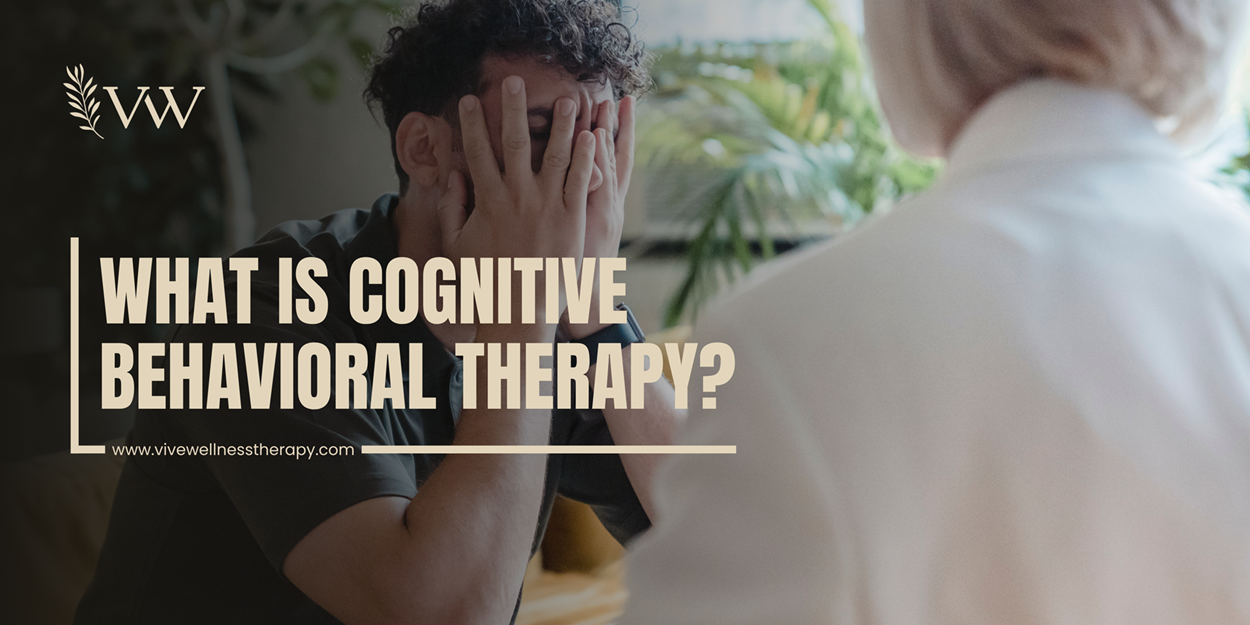What is Cognitive Behavioral Therapy (CBT)?
Cognitive Behavioral Therapy (CBT)
Cognitive Behavioral Therapy (CBT) is one of the most effective and well-researched approaches in psychotherapy. At its core, CBT rests on the understanding that our thoughts, feelings, and behaviors are deeply interconnected. Our thinking often becomes distorted from causes such as:
Self-criticism - overly harsh judgment of ourselves
Fear - worries that cloud perspective
Stress - overwhelming pressure that affects clarity
Painful experiences or Trauma – past events that shape thought patterns
Difficult Life Transitions – changes that challenge our usual ways of coping
Neglect – lack of support or care in formative or current experiences
Unhelpful assumptions – automatic beliefs that may not reflect reality
General Mental Health Issues – conditions that impair how we think (Anxiety, Depression, OCD, Panic, Phobias, PTSD, ADHD, Anger Management)
Regardless of the catalyst, it directly affects how we feel and act.
For example, someone who thinks, “I always fail, so why try?” may feel hopeless and withdraw from opportunities. Alongside a professional CBT psychotherapist, that thought is examined in-depth: Is it really true that I always fail? What evidence supports or contradicts this belief? Reframing it into something more balanced, like “I’ve faced challenges, but I’ve also succeeded before” which can shift both the emotional response and the motivation to act.
How CBT Actually Works
With the guidance of a highly skilled clinician, we will actively challenge the thought patterns and beliefs that keep you stuck, unmotivated, confused, or living below your potential. These patterns may be rooted in self-esteem issues or other blocks that prevent you from achieving the highest version of yourself.
Better thoughts lead to better moods, and over time, this creates new neural pathways in the brain. These pathways strengthen improved decision-making, so growth becomes less of a struggle and more of an automated process - the key to lasting change. Because moods shape the behaviors you choose, and your behaviors accumulate into the decisions that define your life, this work helps you move beyond old patterns and step into your full potential with clarity and confidence. This is about symptom relief, creating sustainable growth, long-term resilience, and genuine transformation.
When CBT Makes Sense
What makes CBT especially powerful is its practicality. It goes beyond talking through problems and instead equips people with skills they can use in daily life. Techniques like thought records, behavioral experiments, relaxation strategies, and exposure exercises for anxiety help individuals break free from cycles of worry, avoidance, or self-sabotage. Over time, these tools create meaningful changes in both mindset and behavior. CBT has proven effective for a wide range of challenges and sessions are usually structured and goal-oriented, which allows clients to see progress clearly.
Most importantly, CBT is empowering. Rather than becoming dependent on therapy, clients learn to become their own therapist by developing a toolkit that supports long-term resilience and growth. CBT doesn’t deny that life can be difficult; instead, it shows us that by shifting our perspective and actions, we can change our experience of the world.
Start Shifting Today
Break free from the thoughts and beliefs holding you back - feeling unmotivated, confused, or living below your potential. Together, we’ll reframe your mindset, build new neural pathways, and turn better thinking into better moods, better choices, and lasting growth to help you step fully into your highest self.

